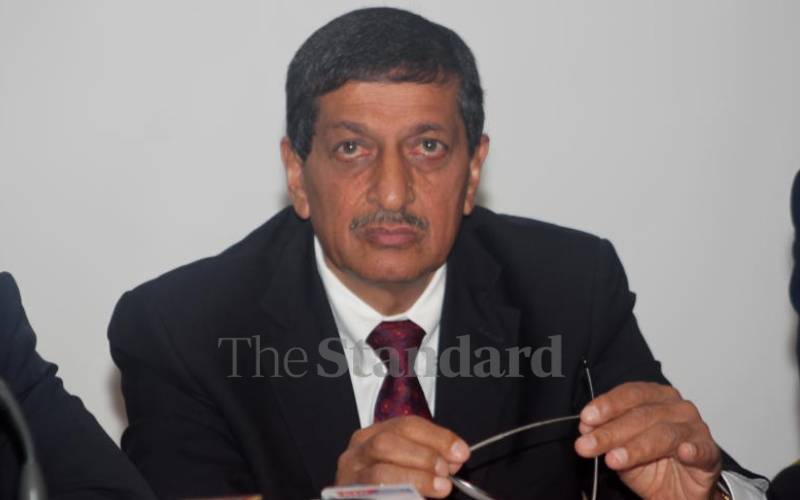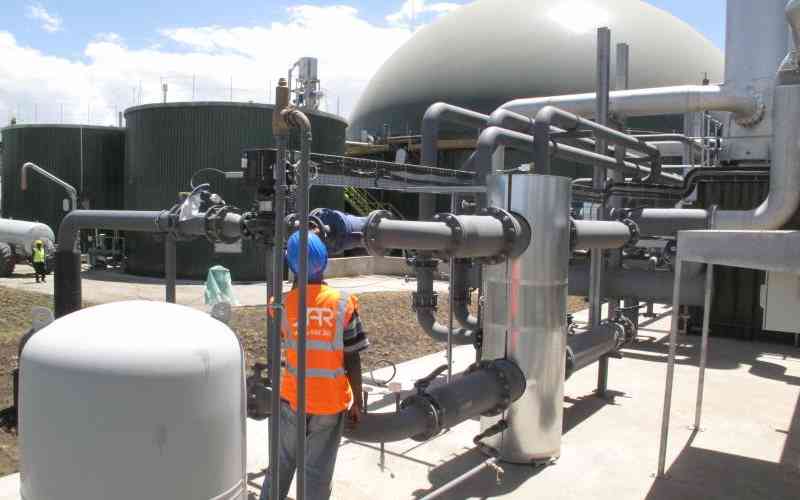×
The Standard e-Paper
Fearless, Trusted News

Simba Corp board chairman Alnashir Popat at a shareholders briefing in Nairobi. January 2021. [Wilberforce Okwiri, Standard]
A father’s love is all Alnashir Popat ever wanted, but he never got it while the senior Popat was alive.







